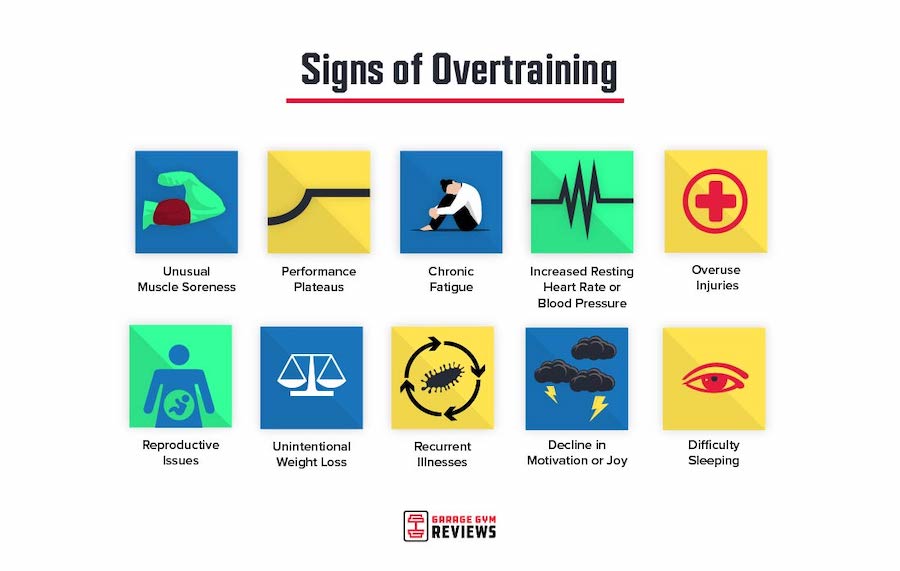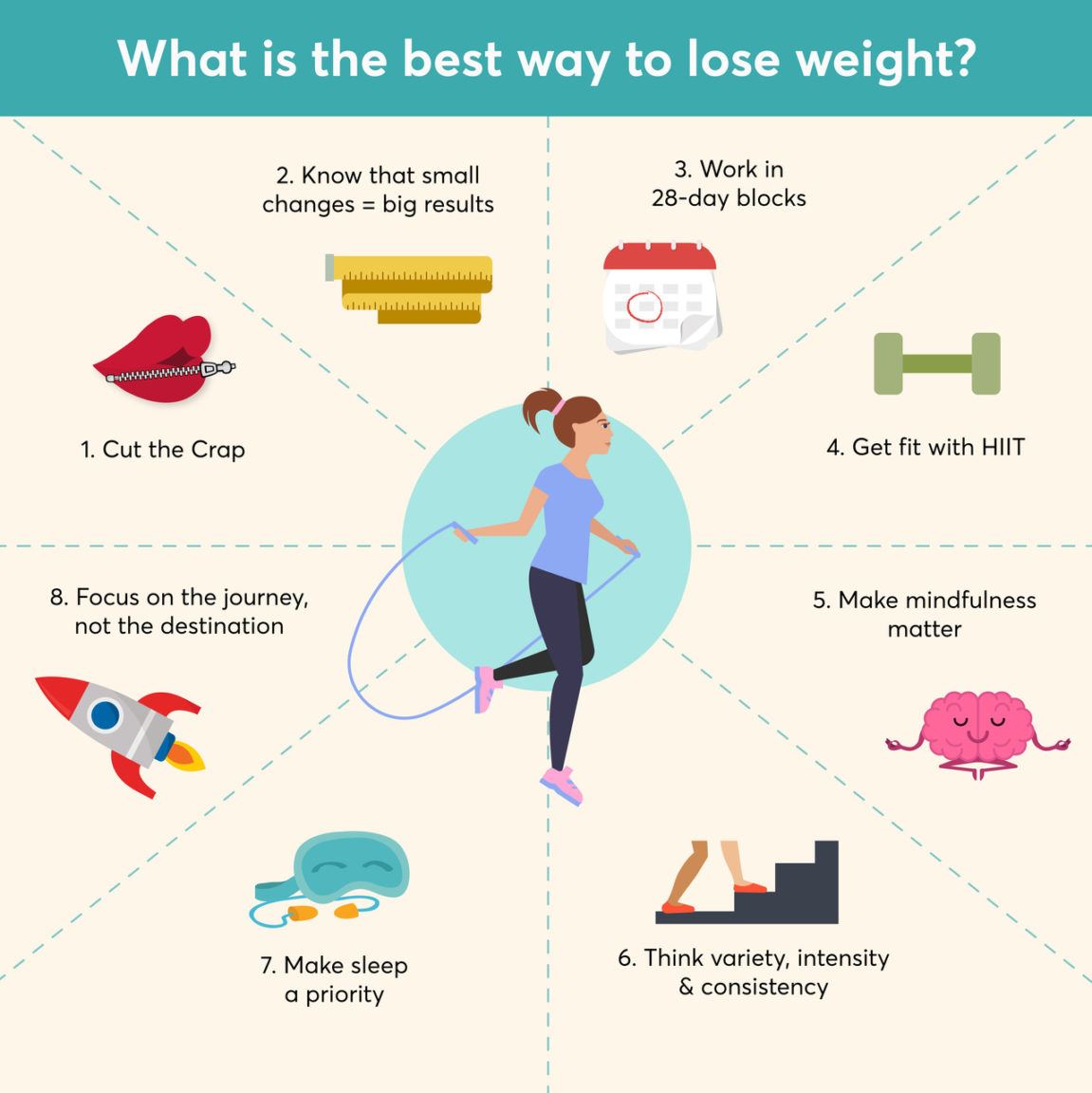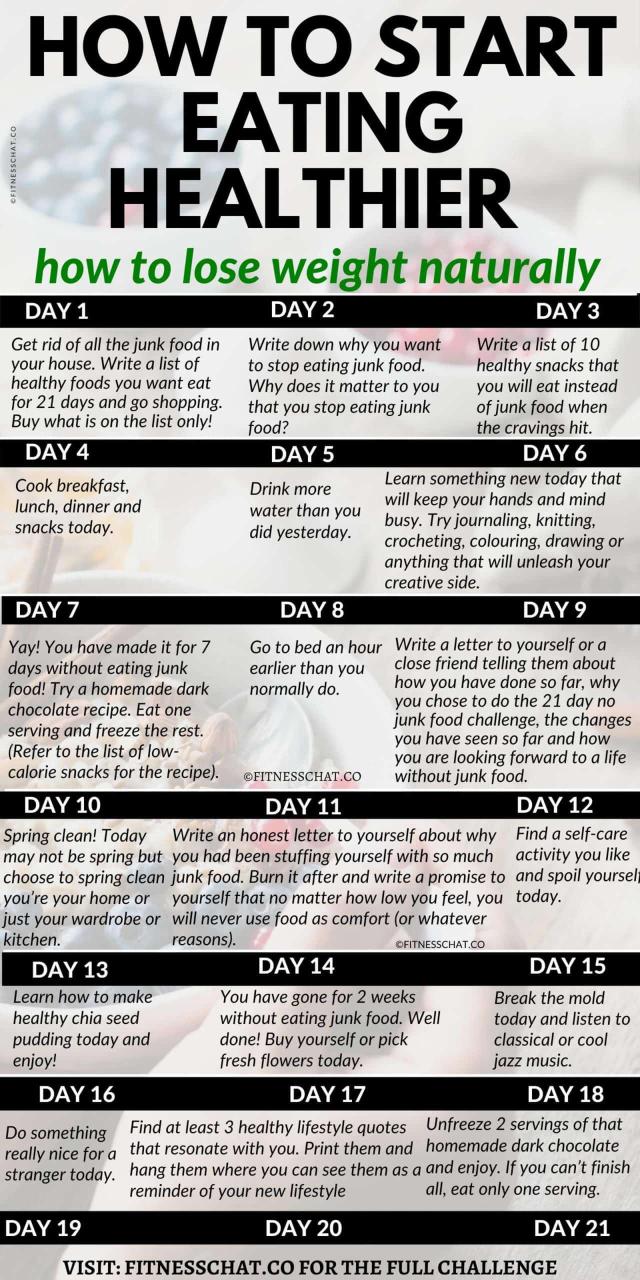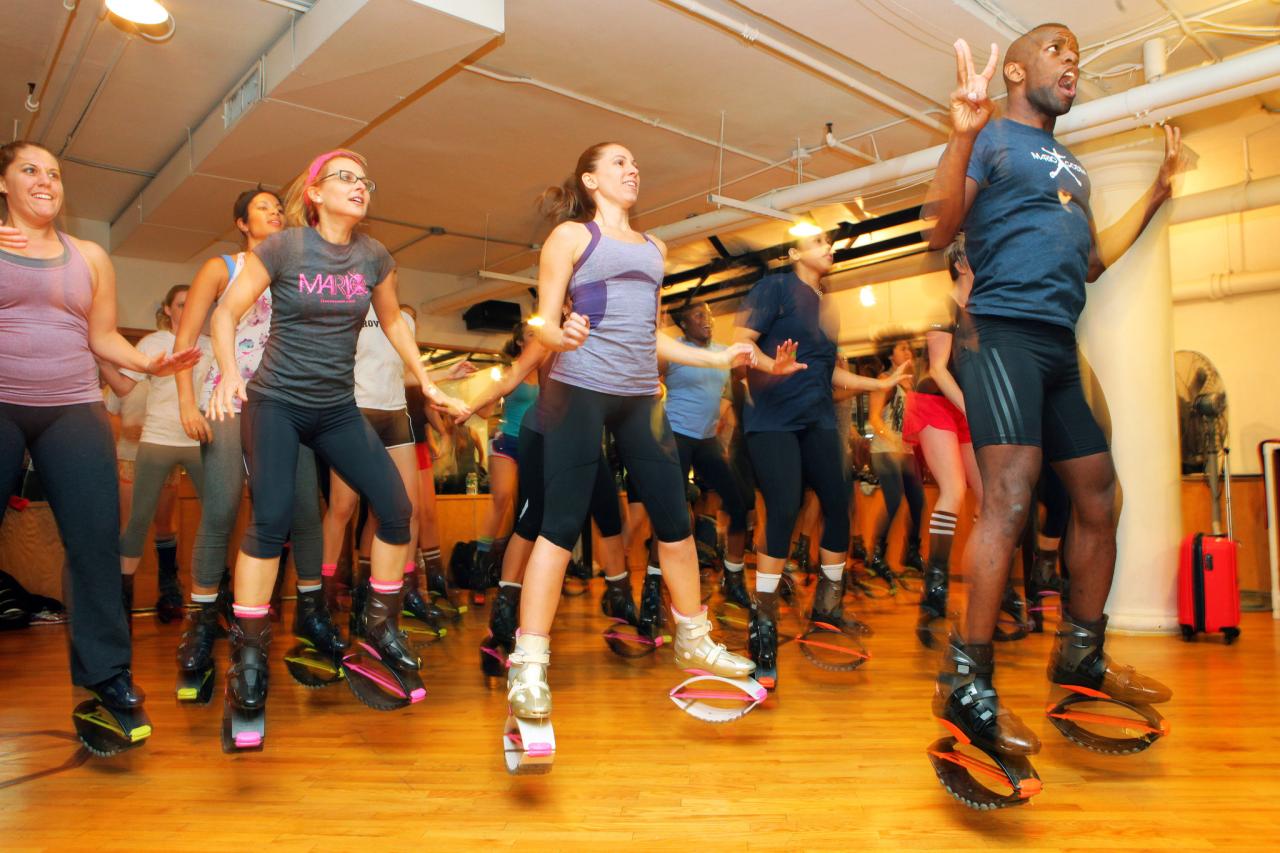
With frigid temperatures and an overwhelming number of gym-goers in the winter months, how do you recognize when too much is too much? Most people have noticed a trend in Cortland during the early months of the new year, dozens of new faces now populating the local gyms. The Fitness Gap has seen almost a 3-4 fold increase in memberships due to the new year and to the fact that people are sick and tired of being overweight (literally and metaphorically). But at what point do you find yourself wondering if you are spending too much time in the gym?
Overtraining is a term used when there is an imbalance between recovery time and training intensity/load. Typically, if you are getting enough sleep and enough nutrition, the sky is the limit for what the body can handle and comfortably adapt. However, in some untrained individuals, this imbalance can be noticed in various ways.
First is energy and mental/physical drive. What you will notice is that after a few weeks you may not feel as fresh when you go to the gym, experience soreness longer than usual and/or hit a plateau in your training. This can be any number of things, but for argument’s sake, let’s look at overtraining as the culprit. Chances are if this is happening, the next stages of overtraining are nearby. These include depression, sleeplessness, irritability, and a whole bunch of other mental and emotional issues. It can take up to 3-6 months to fully recover from extreme overtraining; keep that in mind when you start to ignore the symptoms.
So how do you avoid overtraining? The best way is to ensure you get 6-8 hours of uninterrupted sleep every night, specifically between the hours of 10-10:30 p.m. and 5:30-6:30 a.m. There have been studies done about the circadian rhythm that find the most restful hours fall within that time frame. Secondly, nutrition is key. Working out is only a small part of getting in shape and being healthy. Consider getting enough protein, complex carbohydrates and vitamins/minerals daily. For women, keep your calories in the 1,400-1,700 calorie range always. For men, 2,000 should be the bare minimum, especially if you are working out on a regular basis. Don’t forget hydration; water is the main component of the body and serves more benefits than can be described in any one article.
Follow these steps and listen to your body for the best results and to avoid unnecessary overtraining.








